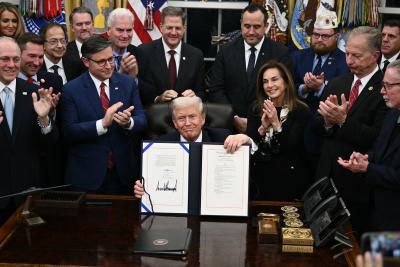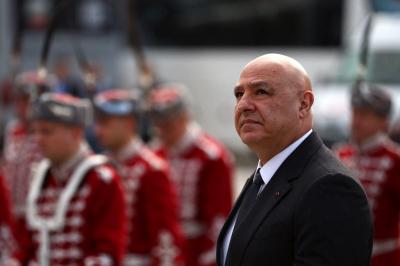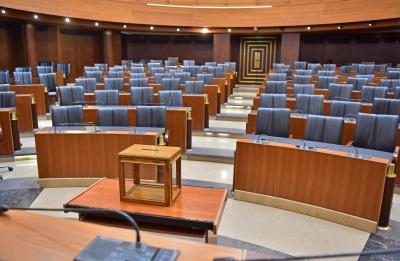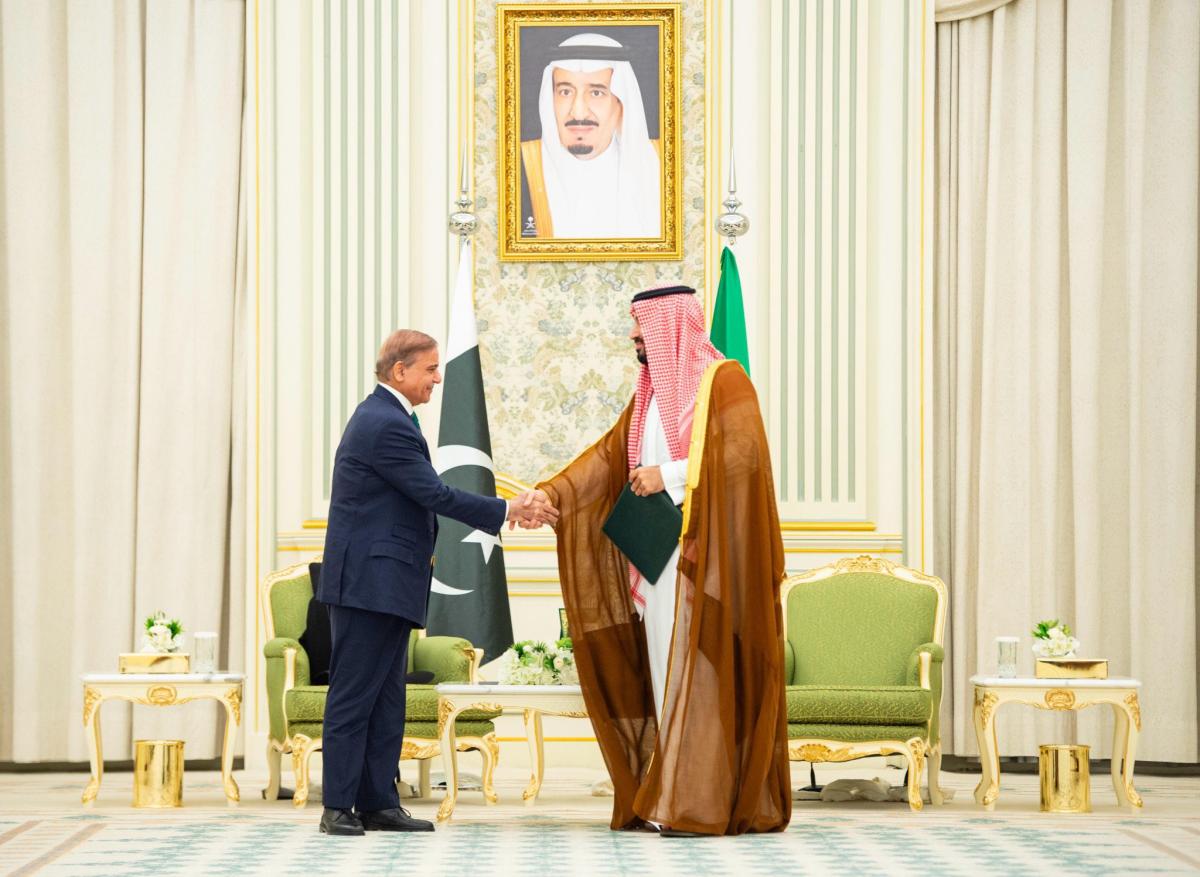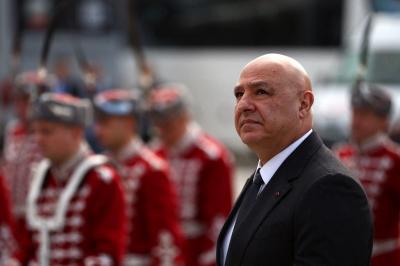Three days ago, Saudi Arabia and Pakistan signed a mutual defense agreement that elevated their bilateral ties to an unprecedented level of trust and cohesion. The pact marks a strategic shift with potential repercussions across the region and beyond. Its central clause states that any attack on one country will be considered an attack on the other—an obligation that could extend well beyond the Arabian Peninsula and South Asia.
A Strategic Bet for Both Nations
For Saudi Arabia, the agreement is more than a passing partnership; it is a long-term strategic choice, binding the Kingdom to a nuclear power with one of the world’s largest and most battle-tested armies. For Pakistan, signing such a deal with the Middle East’s leading economic power boosts its international standing and redefines its role in the evolving global alliance system. But what drove both states to tighten their bond at this particular moment?
The answer lies in an exceptionally volatile regional landscape. In the Gulf, anxieties about Iran’s nuclear ambitions linger despite the heavy blows Tehran has absorbed. Across the Arab Levant, traditional conflicts continue to flare. In South Asia, the enduring tension between Pakistan and India remains a constant source of instability. Against this backdrop, Saudi Arabia’s direct entry into Pakistan’s defense equation recalibrates deterrence in the region and gives Riyadh fresh leverage on the geopolitical stage, particularly in countering rival regional blocs.
A Global Ripple Effect
The implications of this agreement stretch far beyond the region. In Washington, it is seen as a sign that Riyadh is seeking alternatives to the U.S. security umbrella that has long served as the Gulf’s traditional safety net. Beijing, by contrast, interprets the move as a strengthening of an emerging axis that could align with its Belt and Road Initiative. Pakistan is a central link in that project, and Saudi Arabia one of its key economic pillars. Moscow too will view the pact as an opening to bolster its influence across the Middle East and South Asia, where its interests intersect with Pakistan’s in areas ranging from energy to regional security.
Neighbors on Alert
India, watching warily, faces a fresh strategic challenge. While New Delhi and Riyadh enjoy a vital economic partnership, Saudi Arabia’s explicit defense alliance with India’s traditional adversary introduces a new layer of complexity. It could push India to recalibrate its Gulf ties, potentially deepening its military cooperation with other regional actors or directly with the United States—even though it has recently gravitated toward China and Russia amid frictions with Washington.
Iran, meanwhile, will see the agreement as a direct counter to its regional ambitions. Any military provocation or destabilizing move in the Gulf could now trigger a dual response—not just from Saudi Arabia, but from Pakistan as well, with its nuclear weight and extensive military capabilities.
A Clear Message
A pact between an economic powerhouse like Saudi Arabia and a nuclear power like Pakistan sends a blunt message: alliances are no longer the exclusive domain of Western powers or traditional military blocs like NATO. The world is witnessing the rise of new security frameworks that transcend geography and redefine deterrence and partnership in the 21st century. This could inspire other states in Asia and Africa to pursue defense pacts outside the Western orbit, contributing to a more multipolar and less U.S.-dominated international order.
Ultimately, the Saudi-Pakistani defense agreement is more than a document—it is a declaration of a new era in global relations. It could pave the way for greater stability if it deters aggression from any side. Yet it also carries the seeds of escalation should its clauses be activated in a moment of confrontation. One thing is certain: this alliance will weigh heavily in any future regional or global equation.
Please post your comments on:
[email protected]
 Politics
Politics


